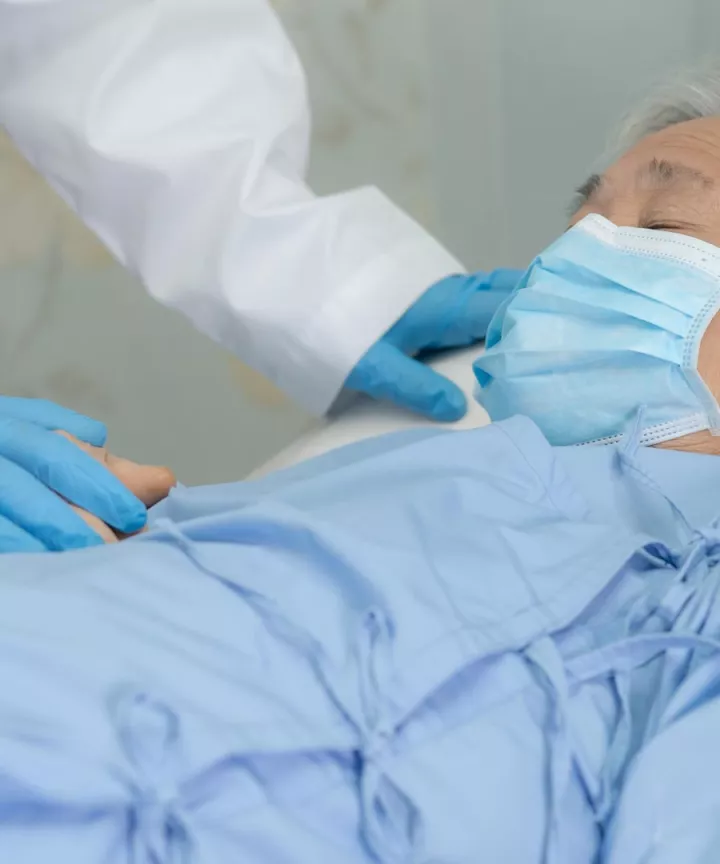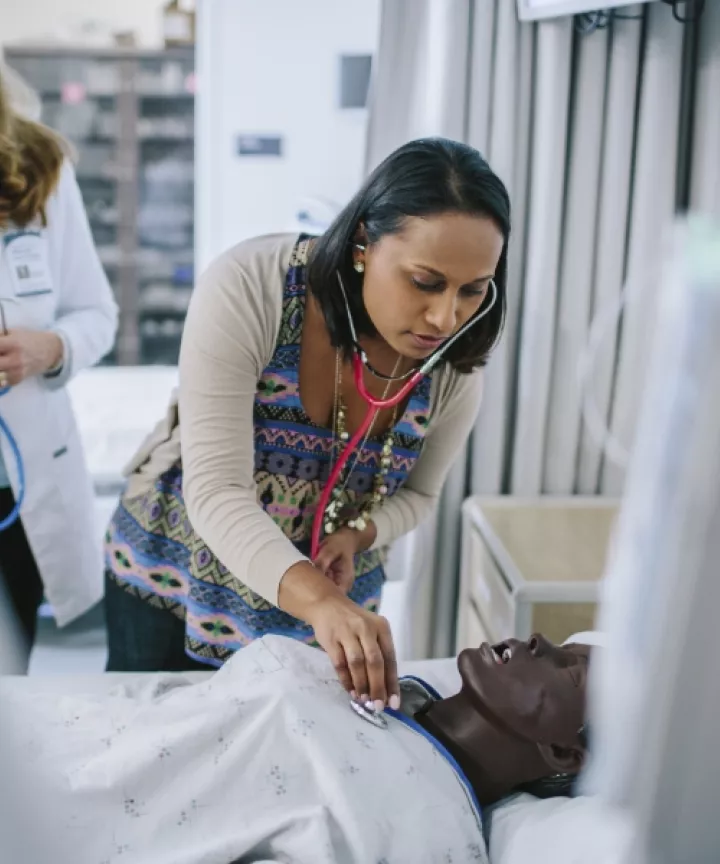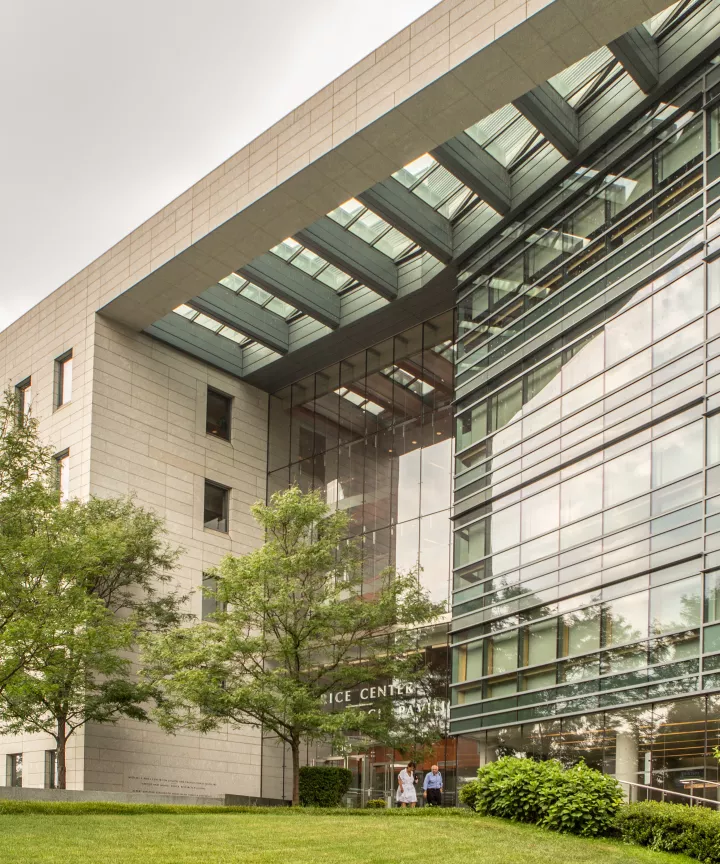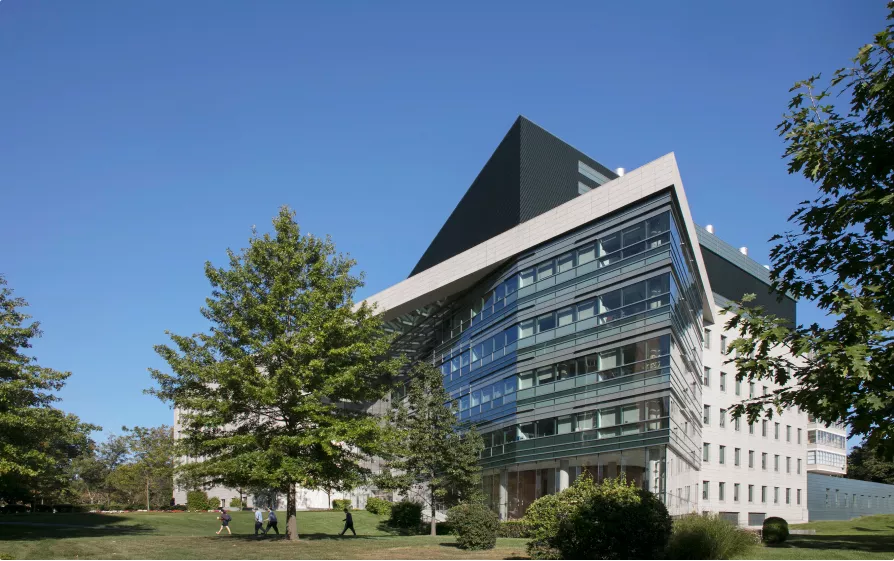Investigations in cardiovascular disease prevention, acute coronary syndrome, heart failure and transplantation, epidemiology, myocardial blood flow, interventional cardiology/cardiac catheterization, and medical education.
Contact Us
Division of Cardiology, Department of Medicine
Albert Einstein College of Medicine
1300 Morris Park Avenue
Jack and Pearl Resnick Campus
Bronx, NY 10461
Physicians and Patients
866-MED-TALK (866-633-8255)





